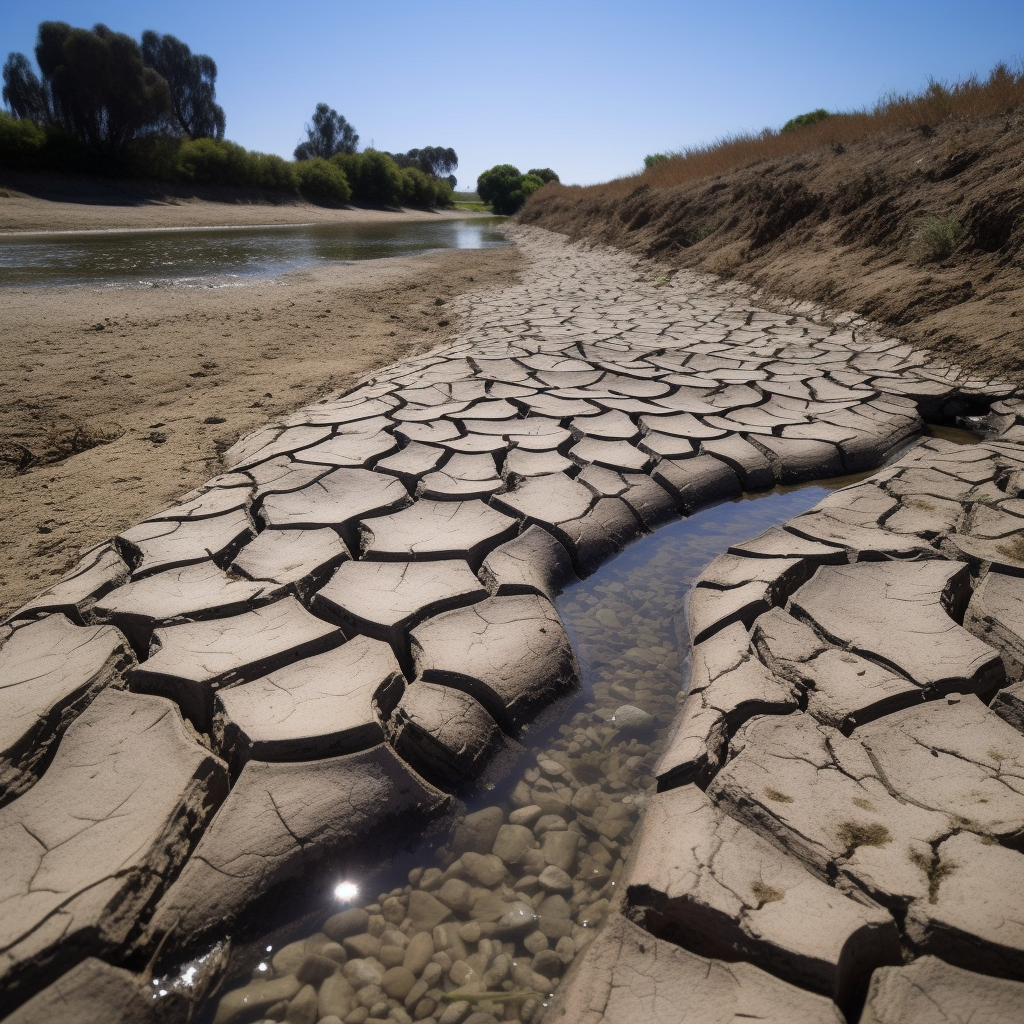April 13, 2023
The Impact of Swimming Pools on Urban Water Scarcity
Book a Demo
Swimming pools are often seen as a source of leisure and enjoyment, but recent studies have highlighted the negative impact they can have on urban water scarcity. In fact, some experts suggest that swimming pools could be worse for water scarcity than climate change.
Several news outlets have covered this issue in their recent reports, pointing out how swimming pools contribute to the depletion of water resources and exacerbate water scarcity in urban areas.
One news outlet reports that swimming pools are responsible for a significant amount of water consumption in cities, particularly in affluent neighborhoods. Researchers at a university found that swimming pools account for up to 30% of water use in some wealthy communities.
This level of water consumption is problematic in areas where water scarcity is already an issue, such as California, where droughts have become more frequent and severe in recent years. The news outlet notes that the water used by a single swimming pool in California could provide enough water for up to 20 households.
But it’s not just the water consumption of swimming pools that is causing concern. Another news outlet highlights a study by researchers at a different university, which found that the construction of swimming pools in low-income neighborhoods can lead to the depletion of groundwater and exacerbate water scarcity in these areas.
Additionally, the news outlet notes that many low-income communities lack access to basic water services, such as clean drinking water and sanitation. In this context, the construction of swimming pools can be seen as a luxury that only benefits the wealthy, while leaving poor communities without access to basic water resources.
These issues were further highlighted by another news outlet, which focused on the impact of swimming pools on urban water crises. The news outlet notes that the construction and use of swimming pools by the wealthy in urban areas can contribute to a vicious cycle of water scarcity, where the demand for water increases as more affluent individuals move into the city, and water resources become depleted.
The news outlet cites several examples of cities around the world where water scarcity has become a major issue, including Cape Town, Sao Paulo, and Bangalore. In each of these cities, the news outlet notes, the construction and use of swimming pools by the wealthy has contributed to the depletion of water resources and exacerbated the water crisis for poorer communities.
These concerns are not limited to developing countries or areas affected by drought. Another news outlet notes that swimming pools in urban areas around the world are contributing to water scarcity, even in regions where water is considered abundant. The news outlet notes that the construction of swimming pools is often driven by a desire for status and luxury, rather than practical considerations about water conservation.
So, what can be done to address these issues? Some experts suggest that policies and regulations could be put in place to limit the construction and use of swimming pools in urban areas, particularly in areas where water scarcity is a concern. Others suggest that education and awareness campaigns could be launched to encourage individuals to conserve water and choose more sustainable leisure activities.
Regardless of the solution, it’s clear that the impact of swimming pools on water scarcity is an issue that cannot be ignored. As the global population continues to grow and urbanization intensifies, the demand for water will only increase, making it all the more important to find sustainable solutions to this pressing problem.




